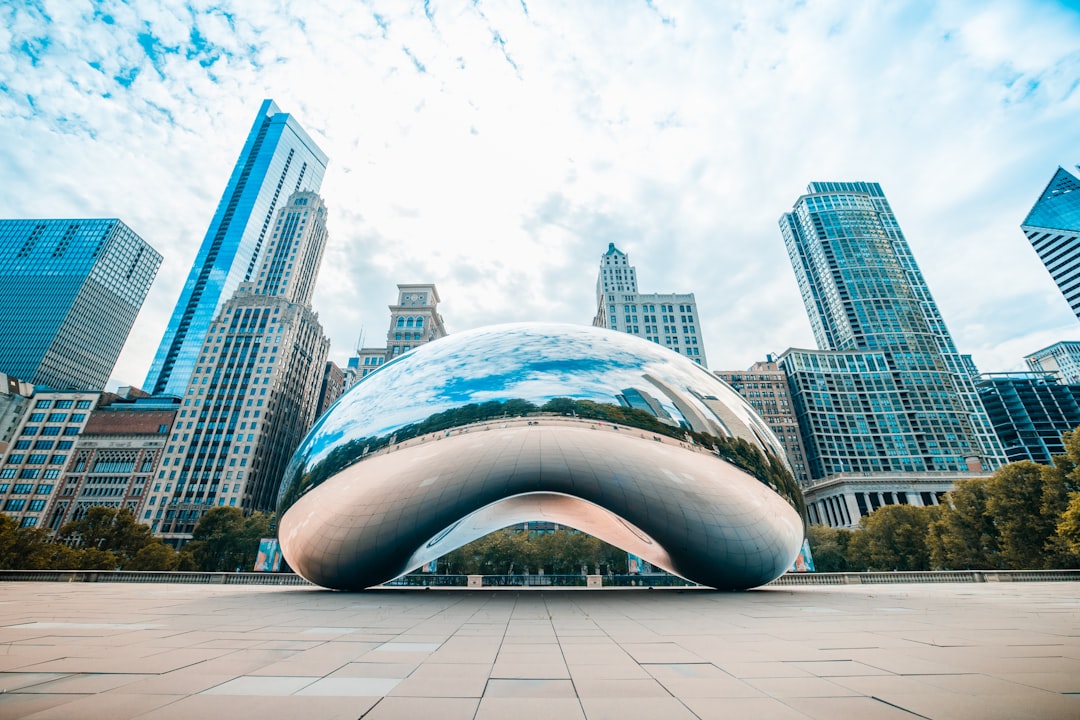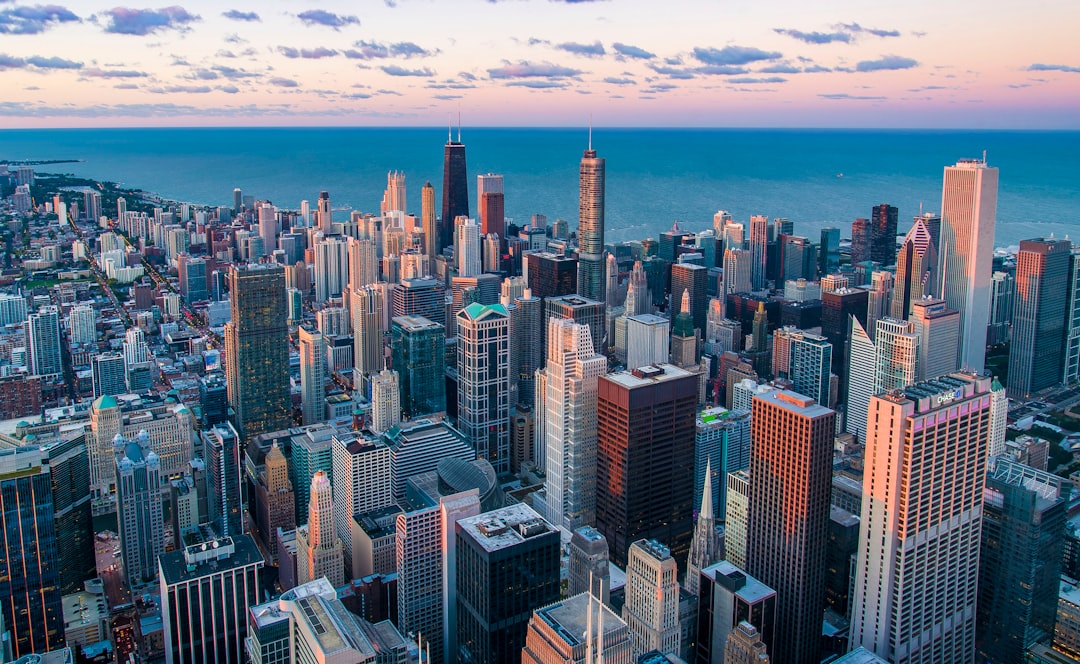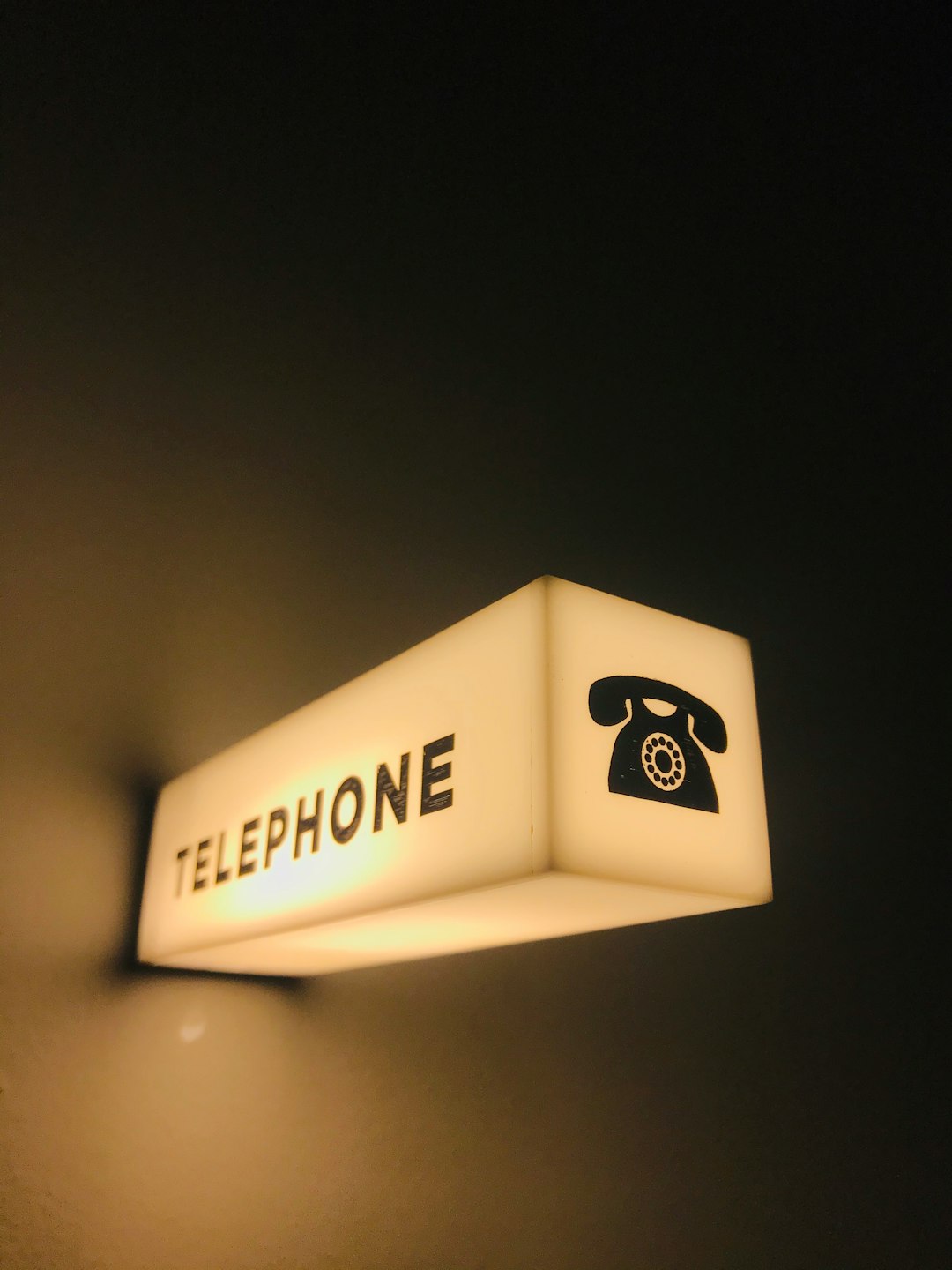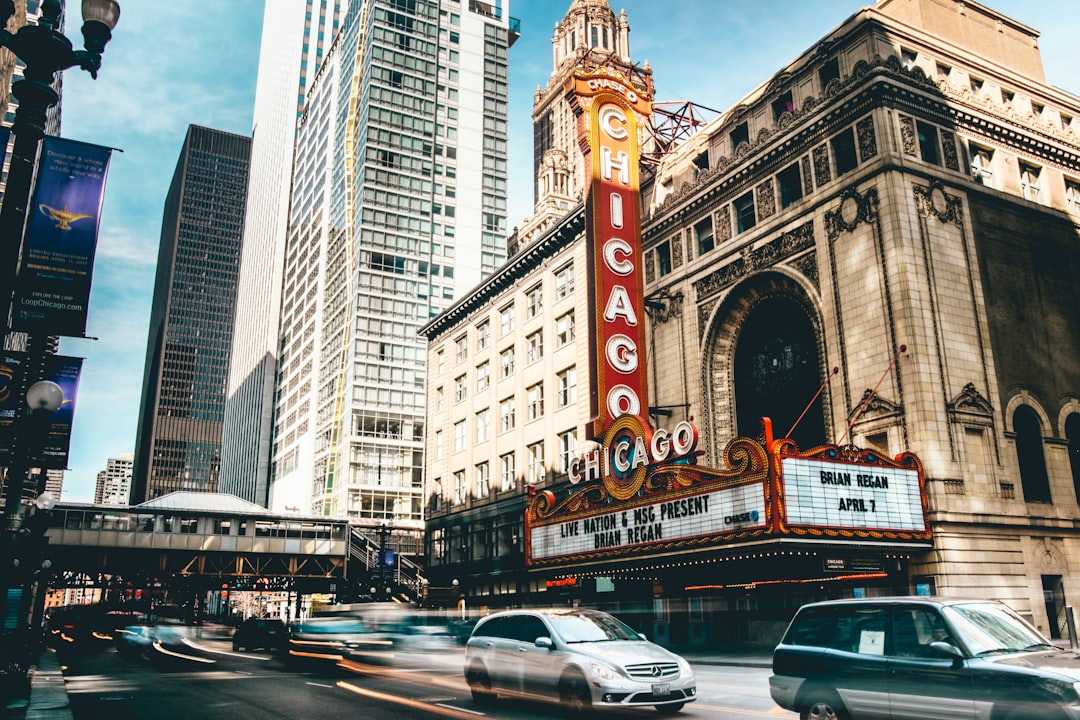Robocalls, though useful for businesses, have become a nuisance in Chicago, disrupting daily life and causing stress among residents. To combat this issue, Chicago has implemented robocall laws allowing citizens to register on 'Do Not Call' lists and take legal action against persistent robocallers. These measures aim to create a more peaceful urban environment by mitigating unwanted automated phone calls. In Illinois, both state and federal laws, including the Telephone Consumer Protection Act (TCPA) and local regulations, govern robocall regulation. Chicago residents can block telemarketers through the National Do Not Call Registry, call-blocking apps, and strict robocall laws. Consumer Protection Agencies enforce these laws, investigate complaints, and educate consumers about their rights. Future legislation should strengthen existing robocall laws with stricter fines and leverage AI technology for advanced call screening.
In the digital age, robocalls have become a persistent nuisance, disrupting Chicago residents’ daily lives. This article explores comprehensive solutions to combat this growing issue. We delve into the impact of robocalls on Chicago’s urban landscape and analyze the current legal framework in Illinois. By examining effective strategies and the role of consumer protection agencies, we offer insights into ending these interruptions. Additionally, we discuss future enhancements for robust robocall laws tailored to Chicago’s needs.
Understanding Robocalls and Their Impact in Chicago
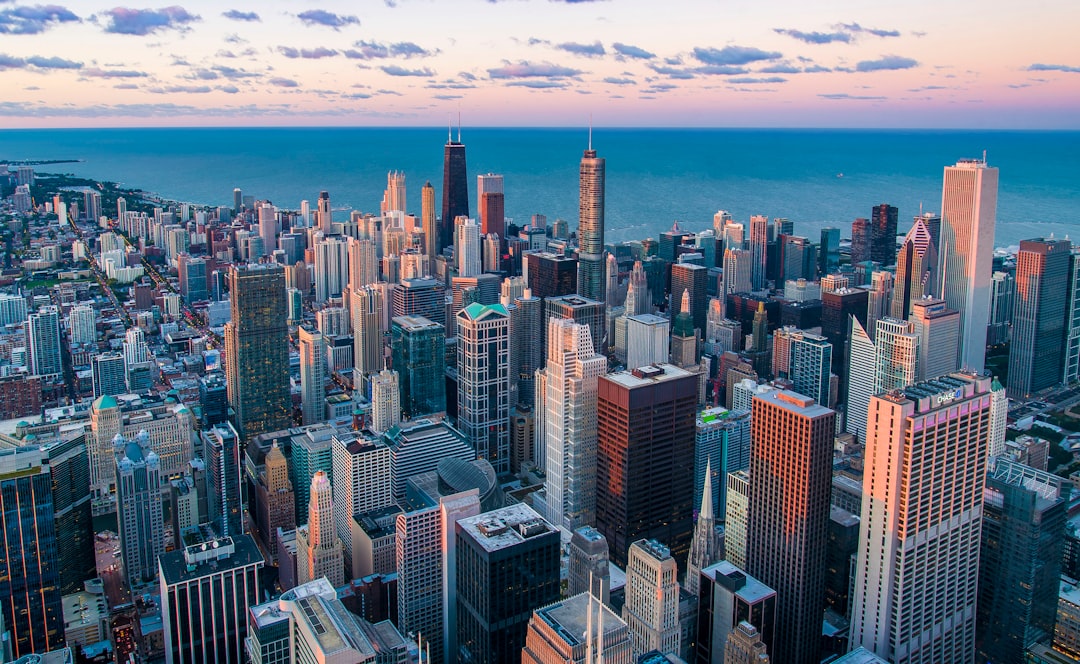
Robocalls, automated phone calls that deliver recorded messages, have become a ubiquitous and often unwanted part of daily life in Chicago, much like a cacophony disrupting a symphony. These calls, driven by advanced technologies, are used for various purposes, from political campaigns to sales pitches, but their proliferation has led to significant problems. The constant influx of robocalls can be frustrating, invasive, and even dangerous, interrupting personal time, causing stress, and in some cases, posing security risks.
In Chicago, as in many other urban centers, the prevalence of robocalls has prompted discussions about regulatory measures. The Robocall Laws in Chicago aim to mitigate the impact of these calls by providing residents with tools to combat unwanted automatized communication. These laws empower citizens to register their phone numbers on ‘Do Not Call’ lists and offer legal recourse against persistent or malicious robocallers, ensuring a more peaceful and less interrupted urban environment.
Current Legal Landscape for Robocall Regulation in Illinois
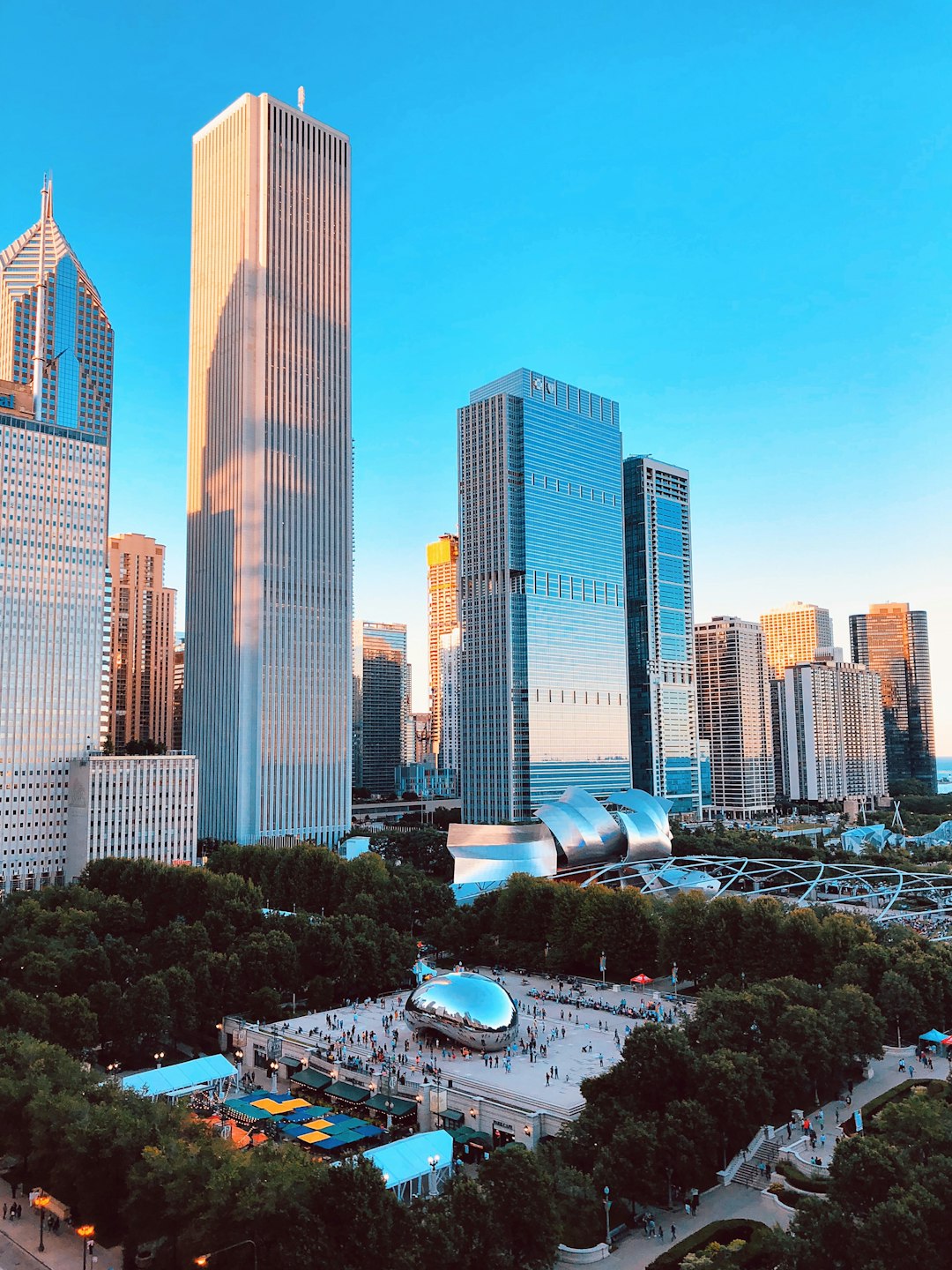
In the state of Illinois, including the city of Chicago, the current legal landscape for robocall regulation is governed by both state and federal laws. The Telephone Consumer Protection Act (TCPA) serves as a cornerstone, establishing rules to protect consumers from unwanted phone marketing calls. This federal legislation prohibits automated or prerecorded calls to individuals without their prior express consent.
Additionally, Illinois has implemented its own robocall laws, further strengthening consumer protections. These state-level regulations focus on empowering residents to take action against intrusive robocalls and provide mechanisms for reporting violators. Chicago’s consumers can seek relief through legal avenues when facing excessive or unauthorized robocalls, ensuring that businesses adhere to the established guidelines governing telemarketing practices.
Effective Strategies to Combat Robocalls in Chicago
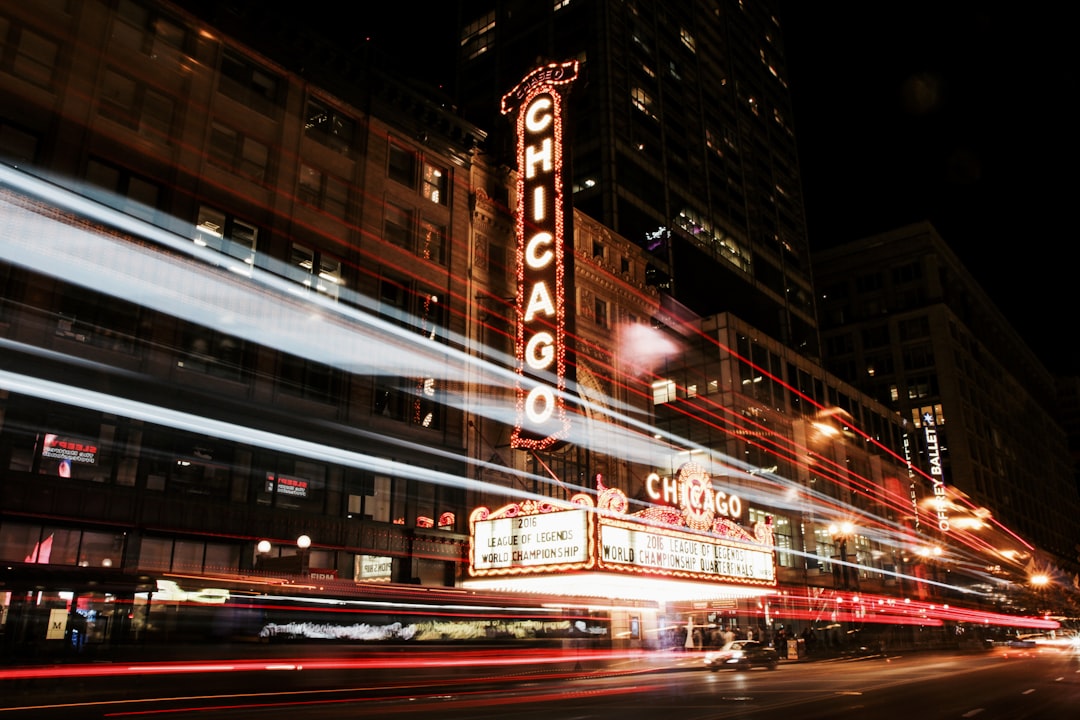
Chicago, a city known for its vibrant culture and bustling streets, also faces the challenge of unwanted robocalls, which can disrupt daily life. However, with proactive measures and an understanding of local robocall laws, Chicagoans can reclaim their phone lines from these persistent automated calls. One effective strategy is to register on the National Do Not Call Registry, a federal database that restricts telemarketers from calling registered numbers. This simple step ensures that legitimate companies cannot add your number to their calling lists, thus reducing the volume of robocalls you receive.
Additionally, Chicago residents can leverage technology by utilizing call-blocking apps and tools that identify and filter out robocalls. Many of these applications learn to recognize patterns specific to automated calls, blocking them before they reach your ear. With the support of local law enforcement and consumer protection agencies, Chicago is also implementing stricter robocall laws to hold telemarketers accountable and deter abusive calling practices. These measures collectively aim to create a quieter, more peaceful environment for residents tired of constant interruptions from unsolicited calls.
Role of Consumer Protection Agencies in Chicago
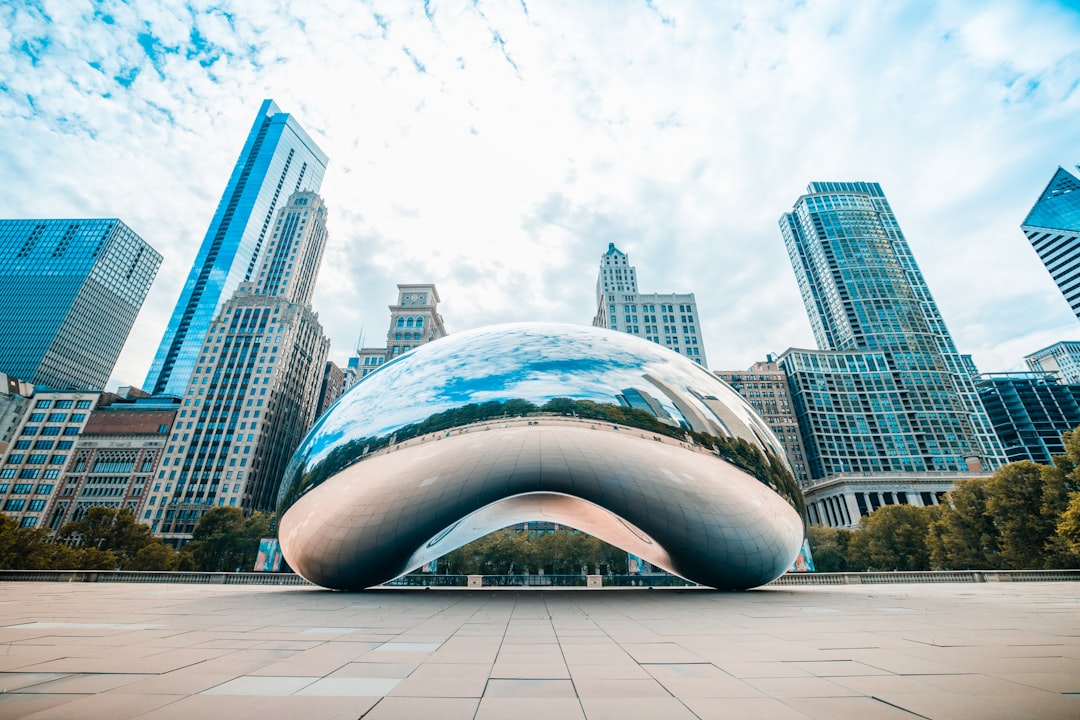
In the fight against intrusive robocalls, Consumer Protection Agencies play a pivotal role in Chicago, leveraging robust legal frameworks to protect residents. The City of Chicago and its surrounding areas have implemented strict robocall laws aimed at curbing excessive automated phone marketing. These agencies act as watchdogs, investigating complaints, conducting enforcement actions against violators, and educating consumers about their rights under the law. By collaborating with local, state, and federal entities, they ensure compliance with regulations designed to minimize robocall disruptions.
Chicago’s consumer protection measures are rooted in the understanding that unwanted robocalls can lead to significant distress and privacy invasions. The agencies work tirelessly to keep up with evolving call tracking technologies by staying abreast of the latest trends and tactics used by telemarketers. They offer valuable resources, including advice on how to block calls and what actions to take if one’s rights are violated under the robocall laws of Chicago. This proactive approach not only safeguards individual consumers but also fosters a fair and transparent marketplace for legitimate businesses engaged in phone marketing.
Future Directions: Enhancing Robocall Laws in Chicago
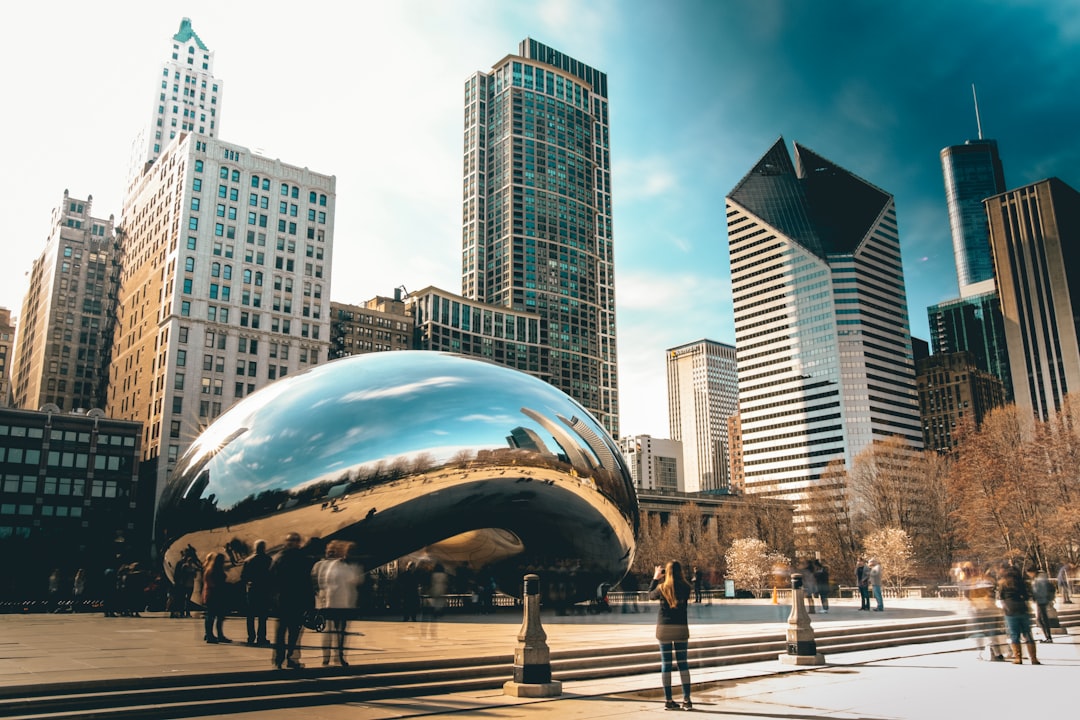
As technology evolves, so do the tactics of telemarketers and their reliance on automated calls. To stay ahead of the curve, future legislation in Chicago should focus on strengthening existing robocall laws. One potential direction is to implement stricter fines and penalties for violators, ensuring that these regulations are a significant deterrent.
Additionally, considering the rapid advancement of AI technology, there’s an opportunity to introduce innovative solutions. This could involve developing advanced call-screening systems or implementing machine learning algorithms to identify and block robocalls before they reach users’ phones. By combining stringent laws with cutting-edge technology, Chicago can lead the way in creating a more peaceful and less disruptive communication environment for its residents.
